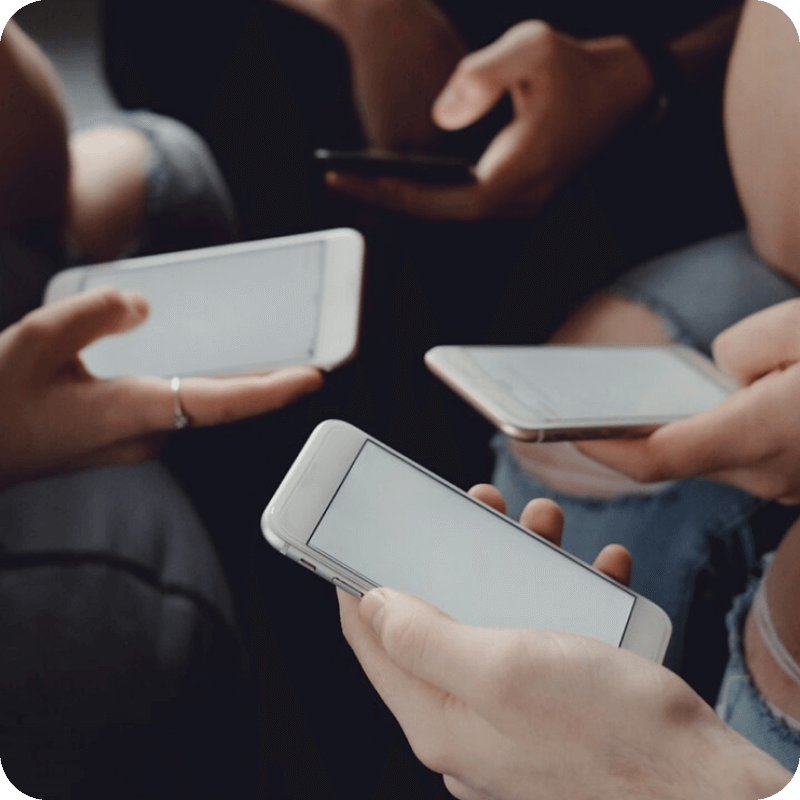About Social Media Addiction Lawsuits
In recent years, numerous injury lawsuits have been filed against social media platforms.These lawsuits allege that teens became addicted to these platforms and suffered significant physical and mental harm as a result. The core allegations in these lawsuits are:
Addictive Design: Social media companies knowingly designed their platforms to get teenagers addicted.
Resulting Harm: Addiction to social media caused significant physical and mental harm to younger users.
Research has increasingly highlighted the substantial damages and adverse effects on adolescents’ mental and emotional well-being
